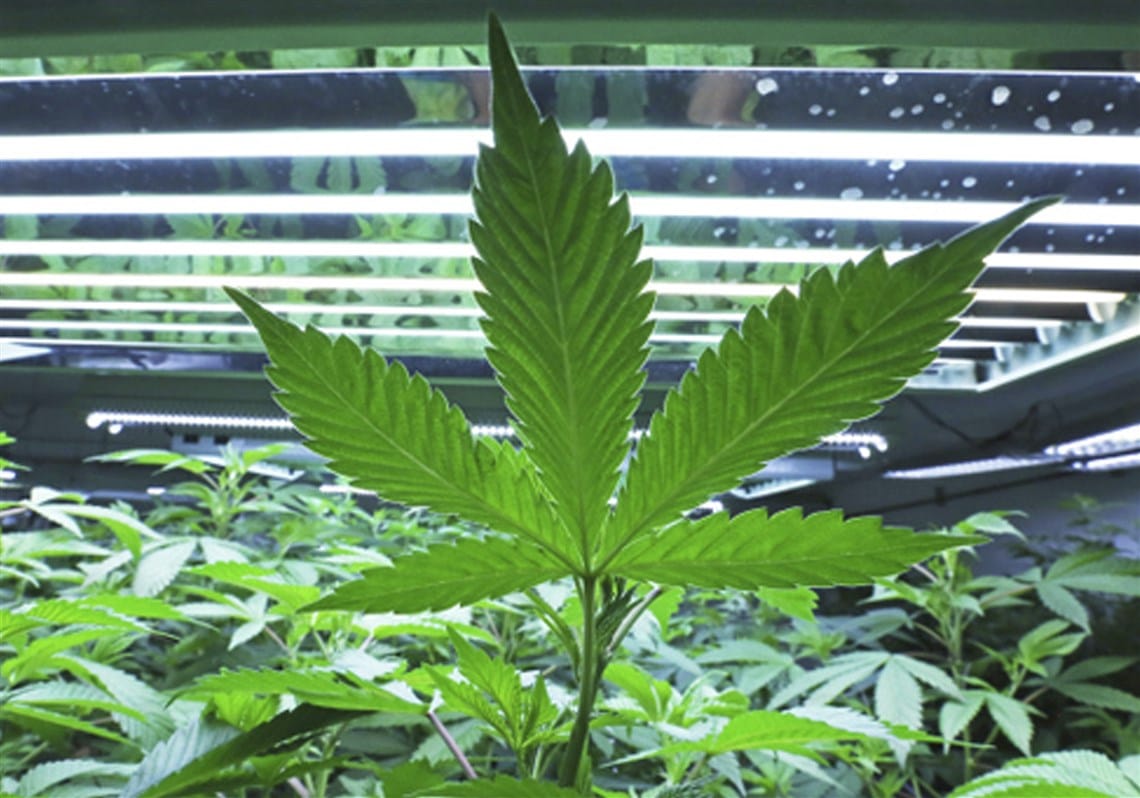By Rachael Carlevale
The hemp industry took a turn last year, seeing a significant decrease in hemp acres planted for CBD due to potential regulations and falling market prices. At the same time, a new focus emerged on bioplastics, hemp fiber, hempcrete and research. Let’s Talk Hemp has carefully covered the continually evolving hemp landscape. These 10 stories drew the most attention from the LTH community in 2022:
10. Looking to the Future of Hemp
Hemp took a significant step backwards in 2021 in almost all facets of licensing, from acres licensed (down 55% since 2019) to the number of farmers. The pullback was mainly focused on CBD, as market prices fell below the production costs. The one bright spot was supply and demand for fibers and grain, which looked to surpass CBD acres by 2025 as hemp is valued as a rotational crop and has the potential to earn carbon credits.
9. Hemp Bioplastics on Horizon, Pioneer Says
Australian-based hemp pioneer Paul Benhaim, founder of Hemp Foods Australia and Elixinol Wellness, has branched out into hemp bioplastics with a partnership with The Hemp Plastic Company. The company uses waste material from hemp processing to create hemp plastic resin from 100% bio materials, manufactured in the United States, with a mission for “sustainable, waste-free plant based products that are good for you and your family instead of the petrochemical-based pollutants harming all living things.”
8. Hemp Research Dollars Flowing in 2022
The U.S. Department of Agriculture’s focus on hemp research expanded and continued to grow. The USDA’s $1 billion Partnerships for Climate-Smart Commodities grants will fund large-scale one- to five-year pilot projects in the $5 million to a$100 million range emphasizing the greenhouse gas benefits of climate-smart commodity production. The Hemp Research Consortium, a new $2.5 million public-private partnership of agricultural and academic stakeholders, will address the research gaps and reduce risks for hemp growers to push the industry forward. The Rodale Institute and the USDA’s National Institute of Food and Agriculture (NIFA) are also expanding research dollars.
7. Prefab Hemp Home Company from Netherlands to Open Branches in Indiana, U.S. West
Albert Dun is the founder and CEO of the Dun Agro Hemp Group, Europe’s leading prefab hemp building company, a sustainable, vertically integrated 28-year hemp operation located in Oude Pekela, Holland. With a large-scale hemp processing facility and headquarters in south-central Indiana and a U.S. corporate branch, the company grows, harvests and processes industrial hemp for fiber applications, seed, car parts, textiles, animal food and bedding and prefab homekits.
6. NoCo Hemp Expo Upgrades to New Location at Gaylord Rockies Resort and Convention Center
The NoCo Hemp Expo 2022, produced by the Colorado Hemp Company, announced an important venue change, and was relocated to the Gaylord Rockies Resort & Convention Center in Aurora, Colo. Gov. Jared Polis gave the keynote address at the NoCo Business Conference and Investment Summit on March 24, and the conference featured 150+ exhibitors and more than 100 speakers at the Business Conference and Investment Summit.
5. Hemp Fiber Tech Company Acquires 65-acre NC Factory from Georgia-Pacific
Canadian clean tech fiber engineering firm Bast Fibre Tech purchased a 65-acre natural fiber processing facility in Lumberton, NC from international paper giant Georgia-Pacific to process natural bast fibers from hemp, jute, flax and kenaf for the growing market for sustainable nonwovens. The company also acquired a German textile fiber processing company in Tönisvorst, outside of Dusseldorf, that produces hemp and flax fiber for the European market.
4. Compliance Essentials for Hemp-CBD Companies
Part 1: https://letstalkhemp.com/compliance-essentials/
The most common violation in hemp-CBD is establishing and documenting specifications, which should be reviewed by Quality and then approved, rejected, or quarantined. Specifications include packaging components, labels, raw materials and finished products. To create a successful business, develop a Quality Management System (QMS), design manufacturing processes to ensure product specifications are consistently met and remember that documentation is a core principle of GMPs.
Part 2: https://letstalkhemp.com/compliance-essentials-2/
Although the federal government has an unfavorable position on hemp cannabinoids, it is best to follow dietary supplement labeling regulations. Some essentials for hemp-CBD labels include proper rounding, plant parts, other ingredients, common allergens, domestic street address, product name, statement of identity, total amount of cannabinoids, QR code linking to a third-party COA, DSHEA disclaimer, suggested use and serving size as well as many other suggestions.
3. Hempcrete Submitted for Certification in U.S. Building Codes
Hempcrete was submitted as an appendix in the International Residential Codes on Jan. 10, 2022, by the US Hemp Building Foundation, the nonprofit arm of the US Hemp Building Association. An international committee of hemp building experts and advocates prepared the paperwork to submit to the International Code Council. Hempcrete has already been employed as a carbon-negative insulation for 30 years in Europe, and the certification process also leads the way to apply to certify hempcrete in the International Building Codes for commercial buildings in 2024.
2. Black U.S. Hemp Farmers Pivoting to Fiber
Black-owned hemp farms are switching over to growing fiber from cannabinoids for the 2022 season, hoping to create the beginnings of a new textile market and regional economic growth. Patrick Brown, a fourth-generation Black farmer in Henderson, N.C., has been growing hemp utilizing regenerative farming practices at Oakley Grove, the former plantation, where he started growing hemp for fiber and hurd. Sanford, N.C.-based Hemp Family Farms converted 500 plants of tobacco to hemp, seeking to grow fiber strains and Bossville Farms worked with the hemp pilot program at Clemson University to experiment with different fiber crops.
- Colorado Hemp Industry Taken Aback by Proposed Bill that Would Require CBD Companies to Get a Marijuana License
The proposed bill, SB22-205, “Intoxicating Hemp and Tetrahydrocannabinol Products, concerning the regulation of cannabis-related products that may potentially cause a person to become intoxicated when used,“ was introduced in the Colorado Senate for the 2022 Regular Session on April 13, 2022, and assigned to the Senate’s Business, Labor & Technology Committee. In an effort to get a handle on where delta-8 products can be produced and sold in the state, the bill could end up potentially requiring hemp companies to be regulated under Colorado’s marijuana licensing program.
The post Let’s Talk Hemp’s Top 10 Stories of 2022 first appeared on Let’s Talk Hemp.


